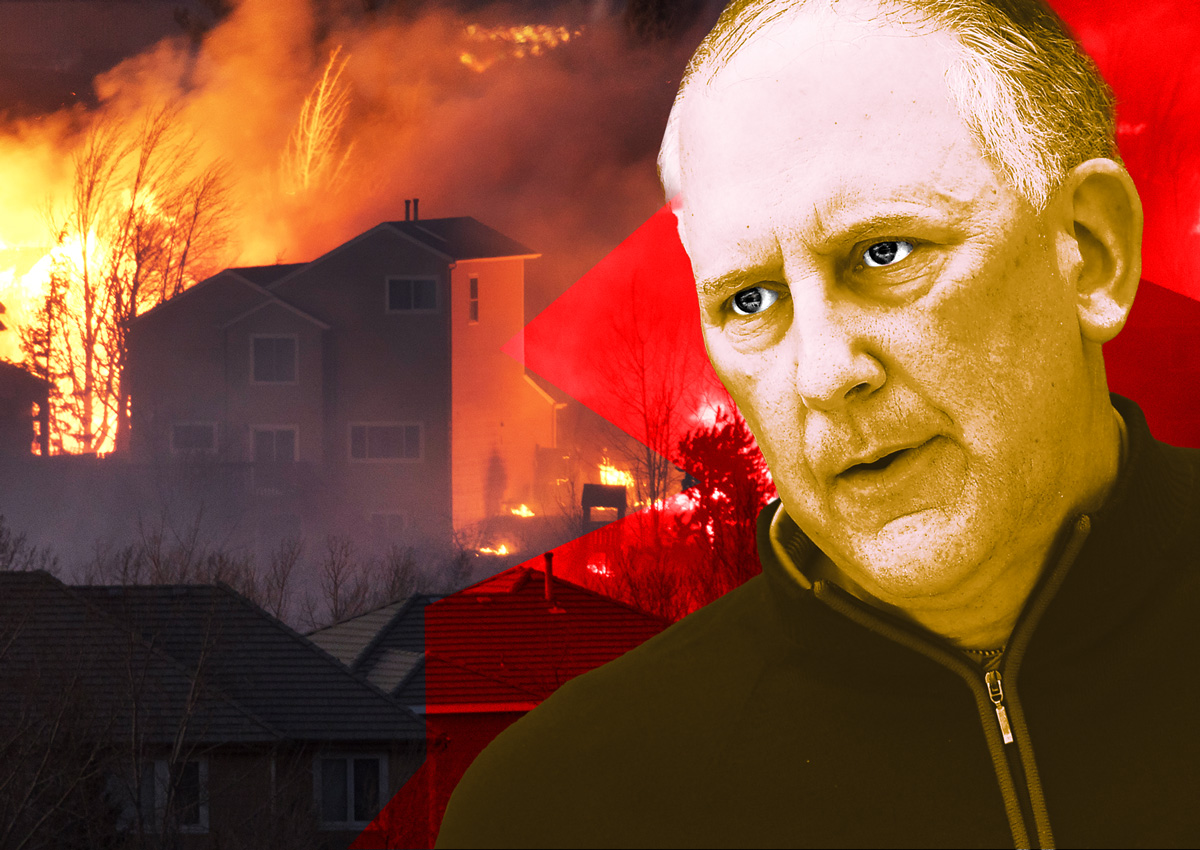New homes that require removing Joshua trees in the Mojave Desert may get more expensive.
A state law signed by Gov. Gavin Newsom this week requires developers to mitigate losses by paying up to $1,000 for the removal of each Joshua tree 16 feet or higher and $2,500 for such trees removed within two miles of Joshua Tree National Park, the Los Angeles Times reported.
The Western Joshua Tree Conservation Act is the first law aimed at preserving millions of the climate-threatened trees, while accommodating booming renewable energy and housing projects.
At stake are living symbols of the Mojave Desert, many of them dying off due to hotter, drier conditions, with fewer young trees. Conservationists fear that without state protections, the species could lose 90 percent of its range, including within Joshua Tree National Park, by 2100.
The new law prohibits unpermitted killing or removal of the trees, while tasking state wildlife officials with creating and carrying out a conservation plan for the spindly plants by next year.
It also sets up a fund to acquire and manage suitable habitat, while authorizing the California Department of Fish and Wildlife to permit the taking of up to 10 trees from a housing project site and 40 trees from a public works site if certain conditions are met.
For other projects such as massive renewable energy facilities, there is no limit on the number of Joshua trees removed. Developers of such projects must demonstrate they have minimized the number of trees killed and pay fees for all trees removed.
Nearly half of the tree’s range is on private land in fast-growing cities such as Palmdale and Lancaster in the Antelope Valley, plus Hesperia, Victorville and Yucca Valley to the east, where home builders already plan to pass the added costs on to buyers.
The Newsom administration wrote the law based on input from conservationists, lawmakers, tribal leaders, property owners, renewable-energy companies, labor organizations and the construction industry.
It was prompted by the California Fish and Game Commission’s inability to act on a petition filed nearly four years ago by the Center for Biological Diversity seeking to list Joshua trees as threatened under the California Endangered Species Act.
The commission a year ago deadlocked on whether to make the protection permanent.
“This bill ends the debate over whether Joshua trees should be protected,” Brendan Cummings, conservation director for the Center for Biological Diversity and a resident of Joshua Tree in San Bernardino County, told the Times.
Read more



Opponents of the petition warned that listing the trees could discourage the building of much-needed homes, stifle economic investment, hamper job creation and increase development costs in a region regarded as a last vestige of affordable housing in Southern California.
“This is not a good law and the Joshua tree is not an endangered species,” Madelaine LaVoie, a real estate agent in Yucca Valley, told the newspaper.
— Dana Bartholomew
